Pyorrhoea is a term used commonly for the disease of the gums in the oral cavity. It basically affects the very foundation for the existence of a tooth in the mouth.
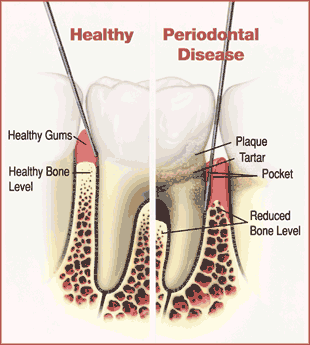
A Root canal treatment in bodakdev ahmedabad is a treatment of saving a tooth from the damage caused by dental decay or infection, trauma or fracture of a tooth due to an injury. It allows the natural tooth to be retained for its healthy function and esthetics and prevents the removal of a tooth and resulting problems of teethlessness.
- Simple reddening of gums
- Swelling of gums
- Foul smell from mouth
- Pus formation
- Spread to other healthy teeth
- Bone loss
- Loosening of tooth
- Reduced chewing efficiency
- Ugly look / ugly smile
- Ultimately leading to tooth loss
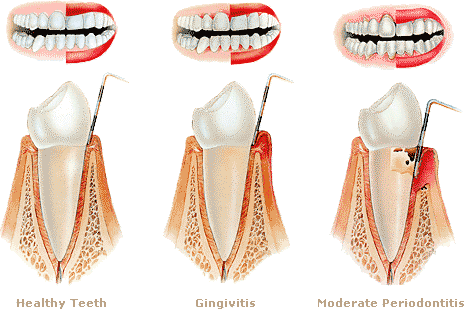
Pyorrhoea is a term used commonly for the disease of the gums in the oral cavity. It basically affects the very foundation for the existence of a tooth in the mouth.
There are three main types of gum disease: gingivitis, periodontitis and acute necrotising ulcerative gingivitis (ANUG).
If you have gingivitis, your gums become irritated by plaque, which is a solidified mixture of food, bacteria and bacterial waste products that can build up on your teeth after you eat. If you don’t clean plaque off your teeth regularly, your gums will become red, swollen and shiny, and they may bleed. This is the early stage of gum disease and is totally reversible. If you remove the plaque, your gums will recover. But if you don’t clean the plaque off your teeth, the gingivitis may develop into periodontitis.
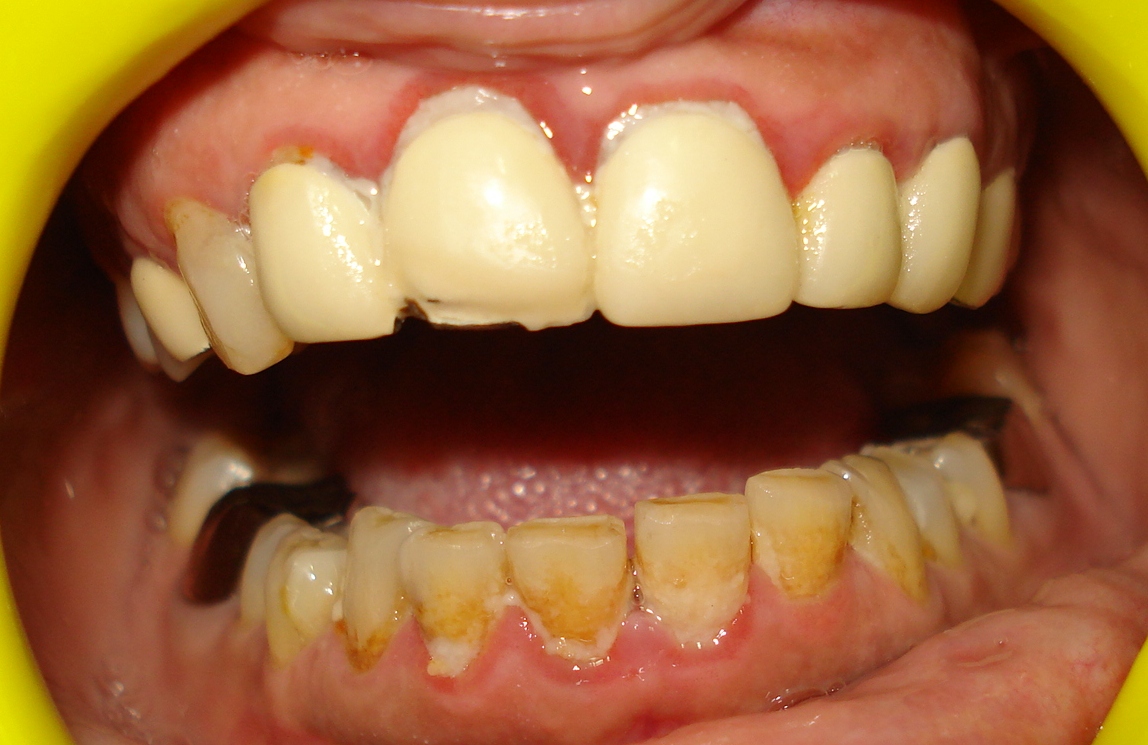
If you don’t get treatment for gingivitis, your gums may begin to pull away from your teeth, leaving small pockets. These pockets trap plaque that you can't reach with a toothbrush. Over time, the plaque will harden to become tartar (calculus). Plaque and tartar build-up can cause further irritation to gums, which may gradually spread to the bone structures around your teeth. As time goes on, the pockets can get deeper and more difficult to clean, and your gums and bone may shrink. This is called periodontitis
If your gums shrink, they can expose some of the roots of your teeth, leading to sensitivity. And if you have bone loss, your teeth may become loose. If you don’t get treatment for a number of years, your teeth may fall out, or need to be taken out by a dentist.
It's rarely possible to make the bone structures grow back, so periodontal pockets aren’t generally reversible. However, if you receive the appropriate treatment and make sure you floss and brush your teeth well, the progress of the disease can be stopped.
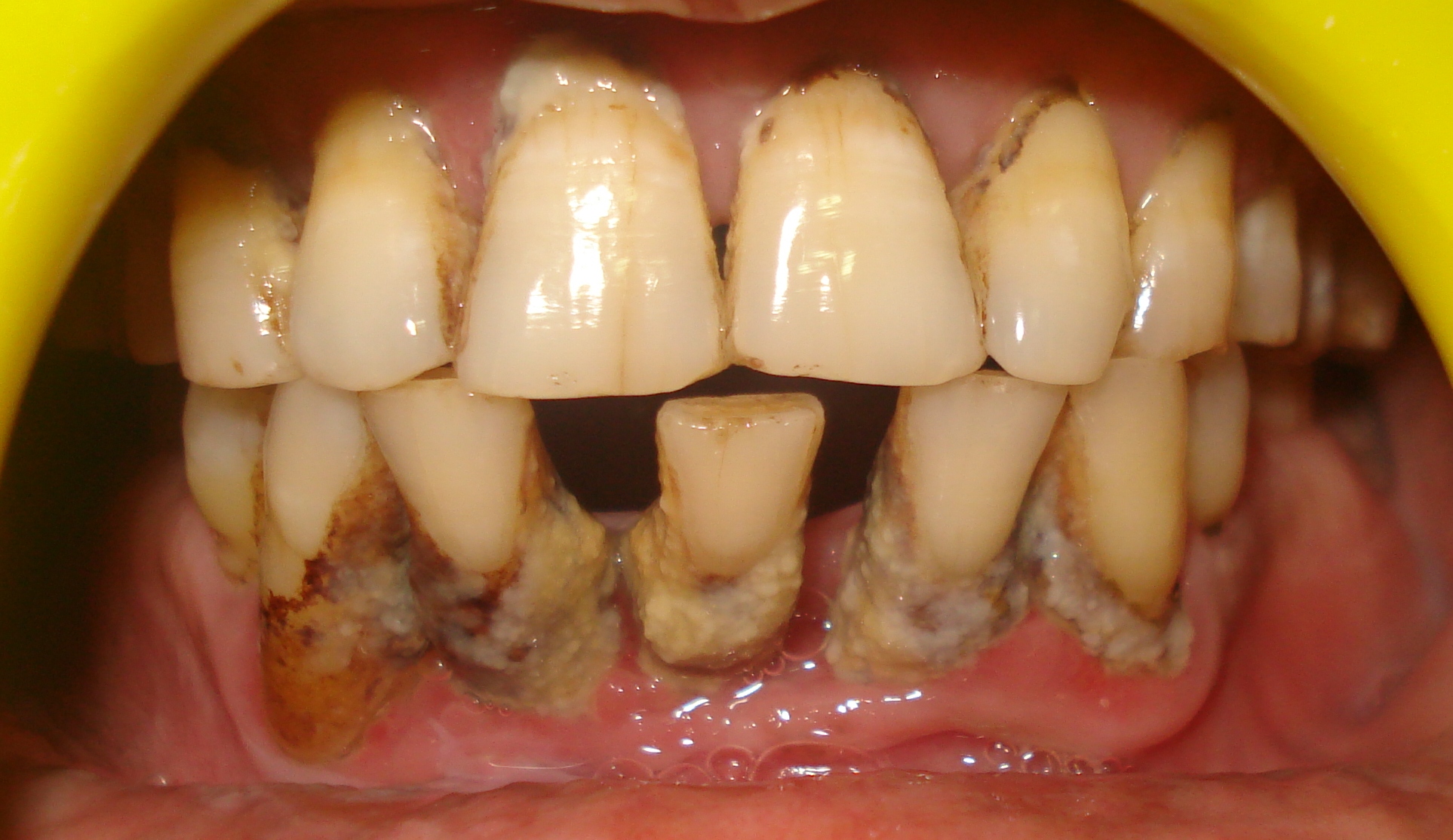
You may not know that you have a gum disease because of its silent nature. Often it's not painful and you might not get any symptoms / alarms. This is one of the reasons why it's important that you attend regular check-ups with Doctors at Ivories Dental clinic & Implant Center, Ahmedabad
Usually the first signs of gingivitis are:
- Reddening of gums
- bleeding gums when you brush your teeth
- swollen gums
- If gingivitis has developed into periodontitis, you may have:
- a bad taste / smell in your mouth
- a loose tooth or teeth
- swollen gums / gum abscesses (pus that collects under your gum)
- bone loss leading to more loosening and spread to other teeth
- reduced chewing efficiency
- ultimately loss of tooth
If you have any of these symptoms, you should see your family dentist straight away.
Gum disease happens when plaque builds up around teeth that aren’t cleaned properly. This is more likely to happen if you find it difficult to clean your teeth well, for example if you wear braces or dentures, or have irregularities in your teeth that you can't reach with a toothbrush.
There are other factors that can make you more likely to get gum disease, for example if you smoke or have diabetes. You may also be more likely to get gingivitis during hormonal changes, such as during pregnancy or puberty.
A specialist dentist at ivories will ask you about your symptoms and examine you. He or she may also ask you about your medical history.
Gingivitis can usually be diagnosed by Dr Shah by just looking at your teeth. But if Dr Shah thinks you have periodontitis, he or she may look at your mouth more thoroughly and check for gum disease using a periodontal probe. This is used to measure any pockets that may have developed around your gums. Dr Shah will do this by putting the probe beside each tooth and underneath your gum line to check how well your gums are attached to your teeth.
You may also need to have instant digital X-rays to check the condition of your teeth and jaw bone.
The type of treatment you need to have will depend on how severe your gum disease has become.
If you have gingivitis, the specialist dentists will clean your teeth thoroughly with a gritty toothpaste using an electric toothbrush and special instruments called scalers. This type of thorough cleaning is called scaling.Dr Alaap Shah & Dr Kinjal Shah may also recommend an antiseptic mouthwash that will help to prevent plaque forming, and will help you learn how to brush and floss your teeth properly.
If gingivitis has developed into periodontitis or you have ANUG, you may need more aggresive scaling to remove plaque and tartar from the periodontal pockets. This can require 3-4 appointments. Dr Shah may need to inject a local anaesthetic into your gums before the scaling. This will temporarily block the sensation from your gums. Dr Shah will monitor the size of the periodontal pockets during the following months to make sure the treatment has been successful and the periodontitis isn’t getting any worse.
You may need to have gum surgery if your gum disease is very severe, but this is rare. Dr Shah may call in a periodontist for this. There are a number of types of surgery that can help to build your gum tissue back up after it has shrunk from gum disease. If you need more information, ask Dr Shah about it.
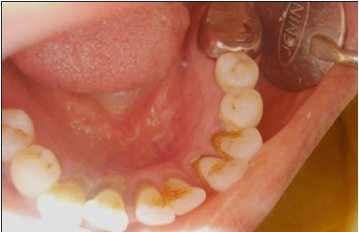
During this procedure the gums are lifted back and the tarter is removed. In some cases, irregular surfaces of the damaged bone are smoothened to limit the areas where disease-causing germs / bacteria can hide. The gums are then placed so that the tissue fits snugly around the tooth. This method reduces the size of the space between the gums and tooth, thereby decreasing the areas where harmful bacteria can grow and decreasing the chance of serious health problems associated with periodontal disease.
Involves using resource of your own bone, synthetic bone,etc to replace bone destroyed by gum disease. The grafts serve as a platform for the regrowth of bone, which restores stability to teeth. New technology, called tissue engineering, encourages your own body to regenerate new bone and tissue at an accelerated rate.
In some patients, the nonsurgical procedure of scaling and root planing is all that is needed to treat gum diseases. Surgery is needed when the tissue around your teeth is unhealthy and cannot be repaired with nonsurgical options.
I WAS RECENTLY DIAGNOSED WITH PERIODONTAL DISEASE. A FAMILY DENTIST MENTIONED THAT LASER SURGERY WOULD BE AN APPROPRIATE OPTION FOR MY TREATMENT COURSE. IS LASER SURGERY SAFE? IS IT AS EFFECTIVE AS TRADITIONAL TREATMENT COURSES?
With the advent of soft tissue lasers in dentistry, it is now possible to treat certain cases of periodontal disease with a laser surgery , the biggest advantage of it being a bloodless, stitchless procedure. Unbelievably true, it does not involve any bleeding and there are no stitches taken after the procedure. With minimal swelling, the healing & recovery after the procedure is quite fast
Prevention of gum disease
You can prevent gum disease by controlling the amount of plaque and tartar that builds up on your teeth. Regular visits to ivories dental clinic for professional cleaning, brushing and flossing your teeth properly and quitting smoking will help to do this.
Dental floss or inter-dental brushes can remove plaque and small bits of food from between your teeth and under your gum line – areas that a manual toothbrush can't reach. You may prefer to use an electric toothbrush. There is some evidence to suggest that certain types of electric toothbrush may be more efficient at removing plaque than manual toothbrushes. It’s important to use the correct technique, so ask Dr Shah for advice.
Some antiseptic mouthwashes reduce the amount of plaque bacteria and help prevent gum disease. Always read the information on the mouthwash box or bottle and if you have any questions, ask Dr Alaap Shah & Dr Kinjal Shah for advice.
Even thorough brushing and flossing can't remove every trace of plaque. Most people have irregularities in their teeth where plaque can build up out of reach and harden into tartar. This can only be removed by the dentist during scaling / professional cleaning with the harmless ultrasonic waterjet scaler.
You may need to have gum surgery if your gum disease is very severe, but this is rare. Dr Shah may call in a periodontist for this. There are a number of types of surgery that can help to build your gum tissue back up after it has shrunk from gum disease. If you need more information, ask Dr Shah about it.
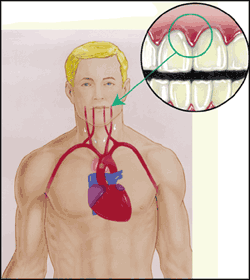
You may need to have gum surgery if your gum disease is very severe, but this is rare. Dr Shah may call in a periodontist for this. There are a number of types of surgery that can help to build your gum tissue back up after it has shrunk from gum disease. If you need more information, ask Dr Shah about it.
Yes, there may be a way to enhance your smile.The Periodontist at Ivories multispeciality dental clinic can explain the best way to create the smile you want. For example, one procedure that can remove excess gum tissue is called Gum recontouring / crown lengthening.
After the excess gum tissue is removed, the gum line is then reshaped in order to create the right proportion between gum tissue and tooth surface. The specialist dentists may work together to coordinate additional treatments such as veneers or crowns.
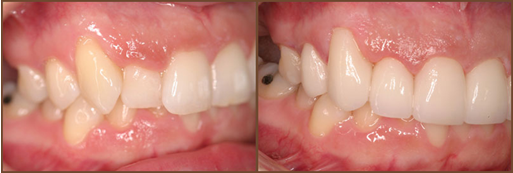
Periodontal disease is rarely found in children, and only sometimes found in adolescents. However, children should still learn the importance of keeping their teeth and gums healthy to prevent periodontal disease in the future. Children should brush their teeth twice a day and learn how to floss properly.
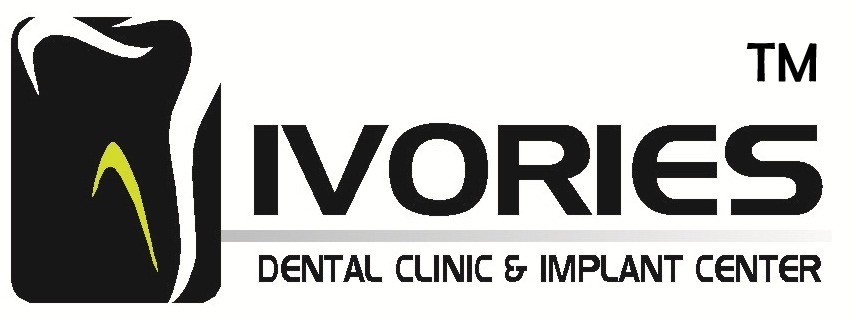
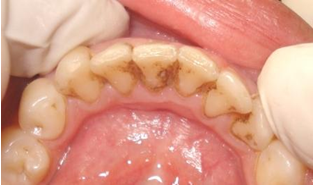
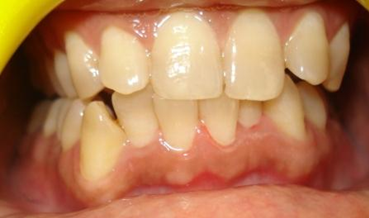
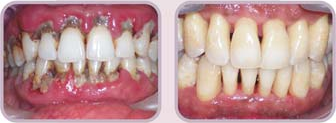
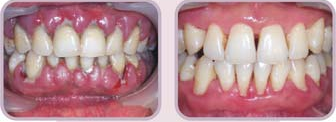
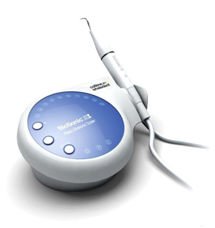
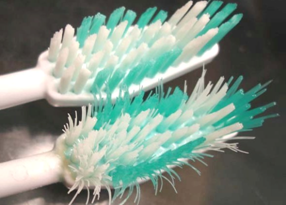
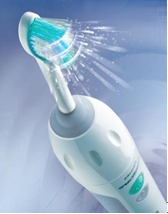
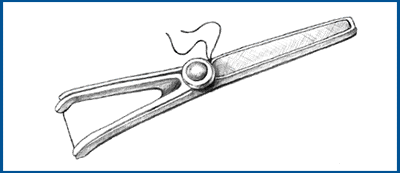

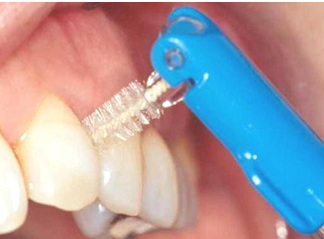
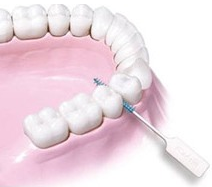
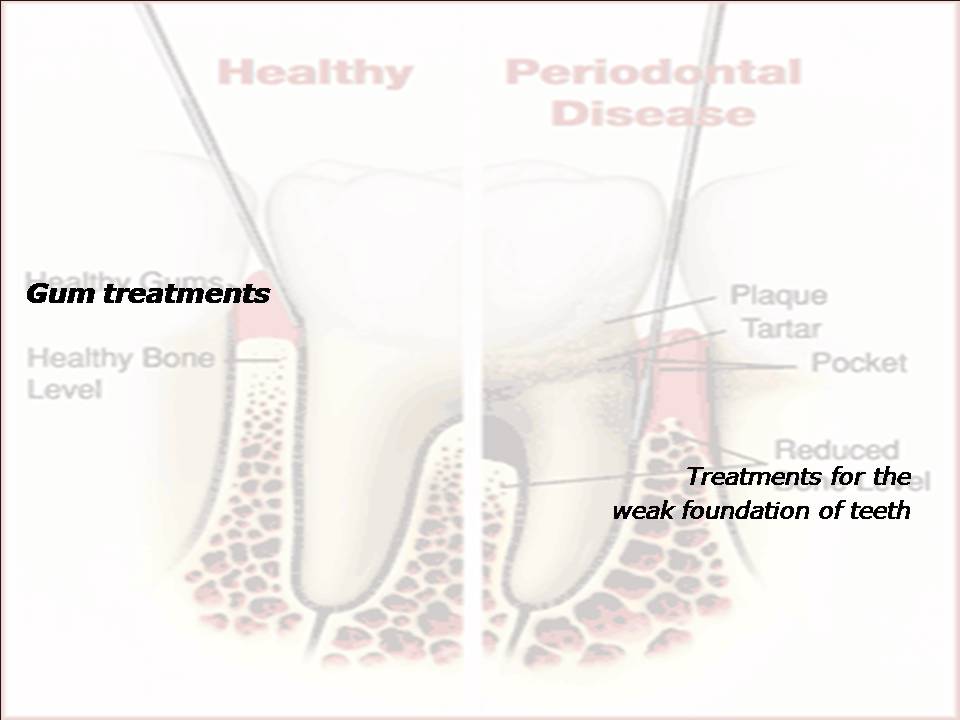
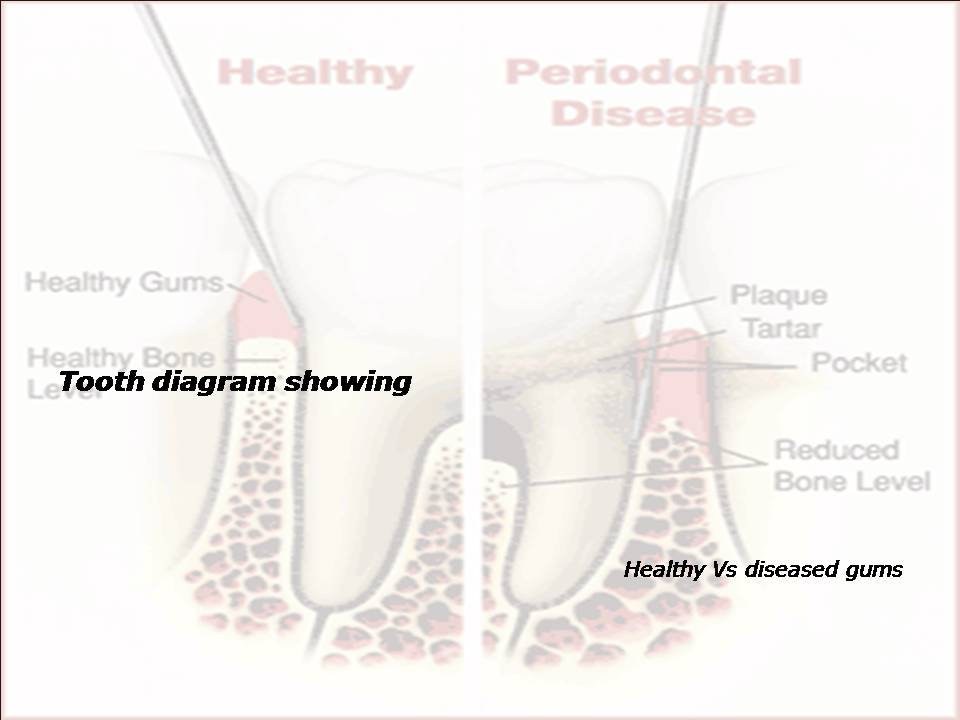
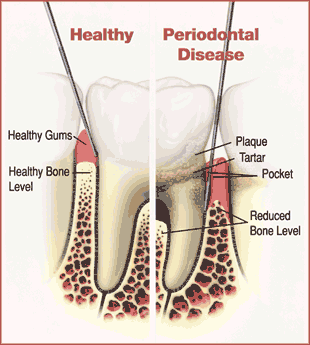
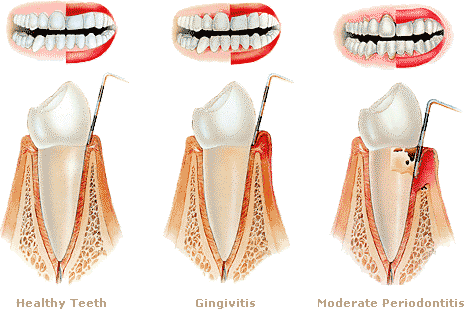
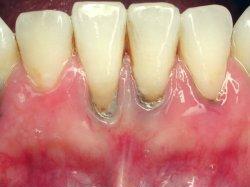
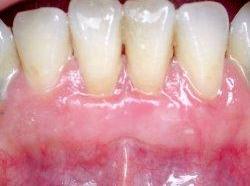
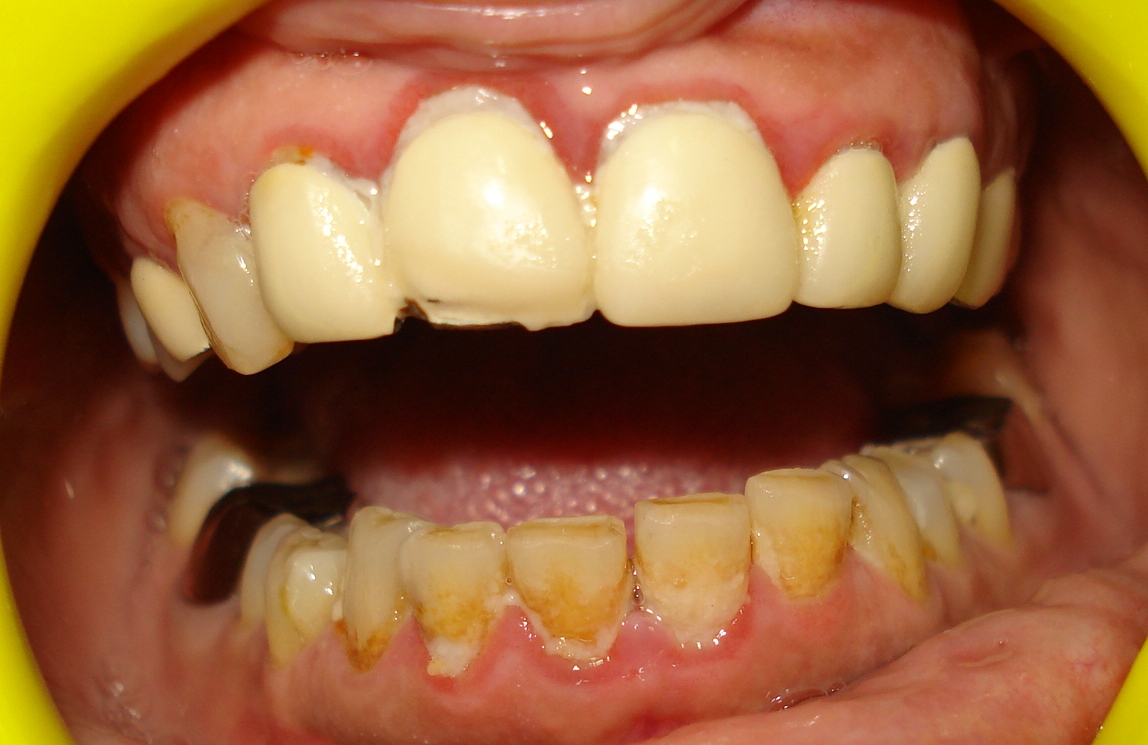
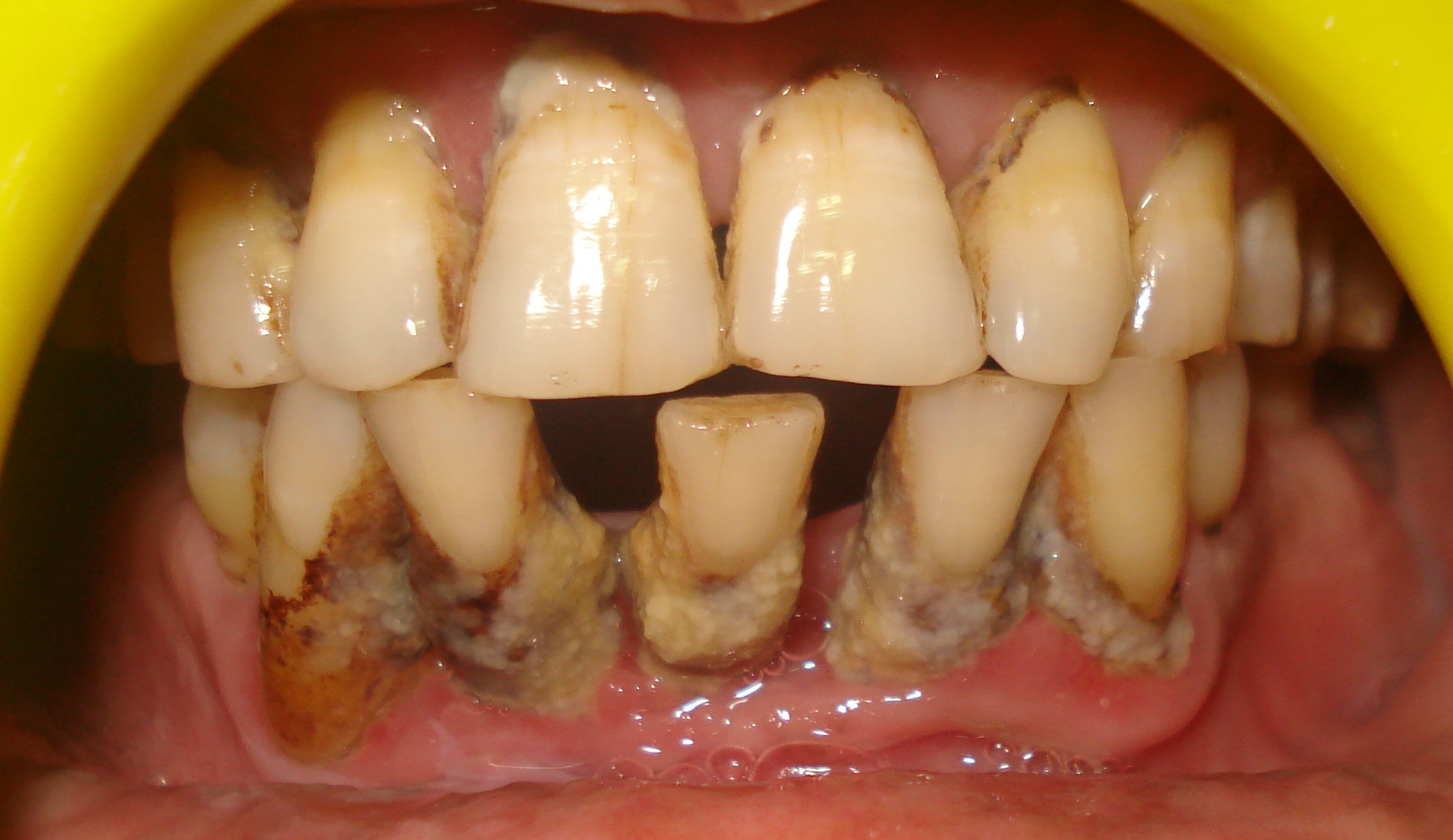
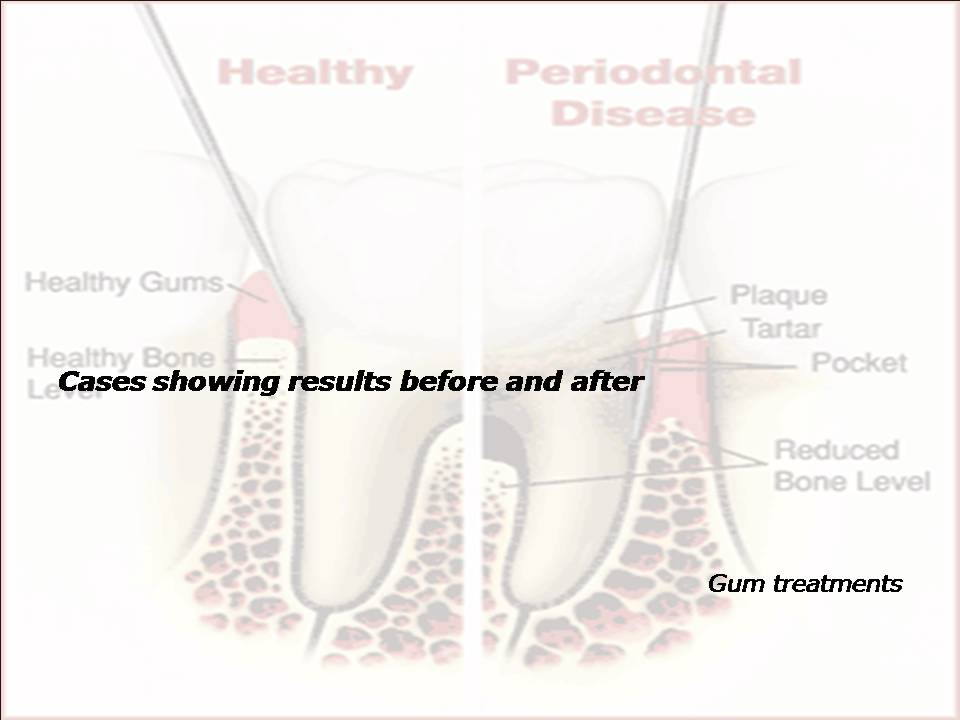
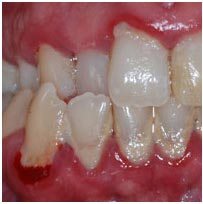
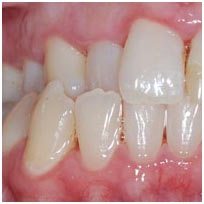
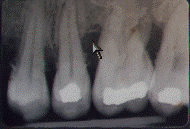
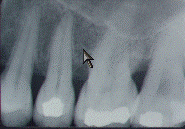
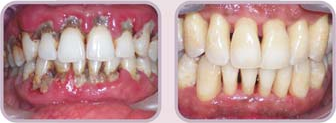
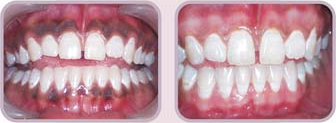
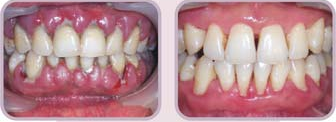
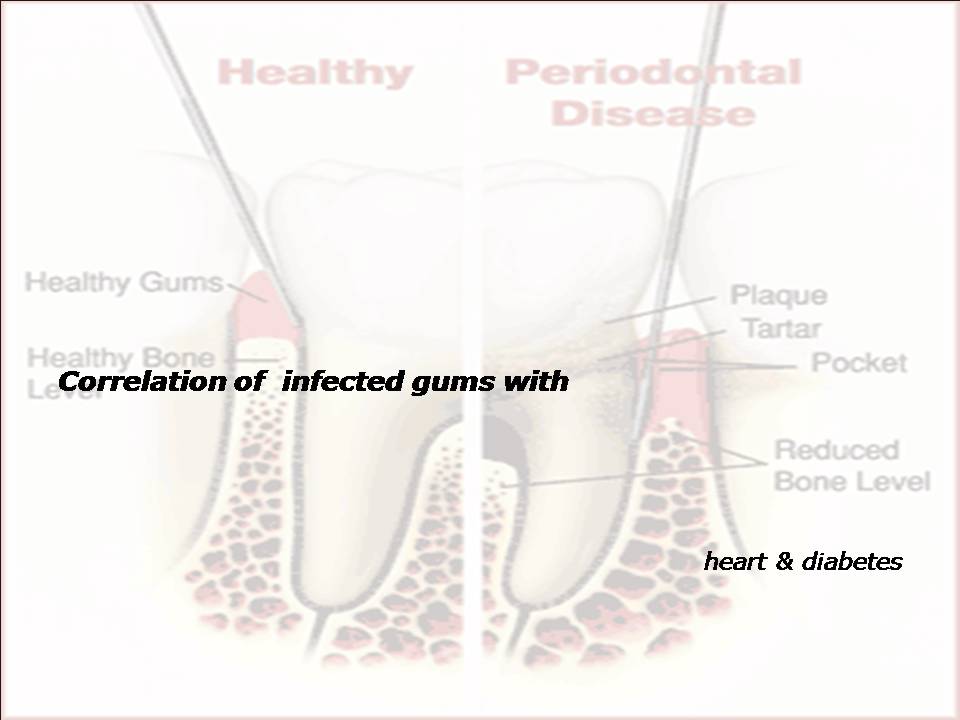
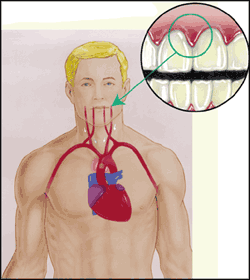
.png)
